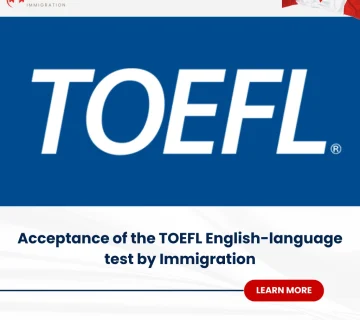
In June 2025, the Government of Canada introduced Bill C-3, an amendment to the Citizenship Act, with the goal of addressing long-standing issues around lost citizenship and restrictive rules on citizenship by descent. The bill proposes a more inclusive approach to Canadian identity by restoring rights to so-called “Lost Canadians” and allowing more people born abroad to inherit citizenship.
Restoring Citizenship to Lost Canadians
One of the core aims of Bill C-3 is to automatically reinstate Canadian citizenship to individuals who lost it due to outdated legislation—particularly those born outside Canada between 1977 and 1981 who failed to apply to retain their citizenship by age 28, as was previously required.
This group, often referred to as “Lost Canadians,” will no longer need to reapply. Their citizenship will be reinstated automatically once the bill becomes law.
Expanding Citizenship Beyond the First Generation
Currently, Canadian citizenship can only be passed on to the first generation of children born abroad. Bill C-3 proposes to expand that right to second-generation children—and beyond—provided the Canadian parent meets a “substantial connection to Canada” requirement. That connection is defined as having spent at least 1,095 cumulative days (about 3 years) physically in Canada before the child’s birth or adoption.
Streamlining Citizenship for Adopted Children
The bill also simplifies the process of granting citizenship to children adopted abroad by Canadian citizens. Under the proposed changes, even adopted children born beyond the first generation would be eligible, as long as the adoptive parent has a demonstrable connection to Canada.
Legal Background
Bill C-3 follows a 2023 Ontario Superior Court ruling, which declared the current first-generation limit unconstitutional. Instead of appealing the decision, the federal government committed to legislative reform—leading to the drafting and tabling of this bill.
Official Statement
Canada’s Minister of Immigration, Lena Metlege Diab, described the reform as a step toward strengthening national identity:
“Citizenship is more than a legal status—it’s a profound connection to the values, history, and spirit of Canada. By requiring a substantial connection to pass on citizenship beyond the first generation, we are honoring that bond.”
Next Steps
Bill C-3 is currently undergoing its first reading in the House of Commons. It must pass three readings in both the House and the Senate before receiving Royal Assent and becoming law. In the meantime, affected individuals can apply for discretionary grants of citizenship under the substantial connection criteria.
Sources:






